Susan Naftulin navigated a career from history major to fashion retail to private lending and entrepreneurship—a path she never envisioned.
Susan Naftulin is an unexpected entrepreneur. Perhaps no one was more surprised than she was to find herself on this path.
“I always call myself the accidental entrepreneur because I am not a risk-taker,” she said. “I’m not entrepreneurial. I like the security of knowing that someone else is doing most of the work to make sure I get my paycheck.”
Yet her journey led her to co-found Rehab Financial Group.
FASHION SUITS
A native of suburban Philadelphia, Naftulin started her career in fashion retail in New York City. She wasn’t like the wide-eyed ingenue in “The Devil Wears Prada,” trying to make it in the industry. Naftulin was far more practical: She was looking for a field that she could break into as a
history major, and she found it.
She was accepted into the employee management training program at Abraham & Strauss. From there, she went on to work at Saks Fifth Avenue and Lord and Taylor. After about a decade, Naftulin said she “soured” on New York.
“It’s a hard place to live when you don’t have $50 million,” she joked.
‘A NATURAL FIT’
At age 30, Naftulin enrolled in law school. Again, her reasoning was practical: She needed a life change, but if she was getting a graduate degree, she wanted it to be one that could directly lead to a career path. Branding herself the “nonscientific one in the family,” medical school was out. Law school, however, seemed like a natural fit.
The topics that resonated with her were code-driven courses, including bankruptcy.
“I don’t get any pleasure out of the theoretical conversations. I don’t like the abstract. I like the concrete,” she said. “The code cases to me were like a game of monopoly: You advance to this square, and this one says go to free parking. There’s a logical progression that you go through to end up with the appropriate and applicable law. It was the courses where it was almost like playing escape room: there were a bunch of clues that you had to follow, and you would eventually get to the right answer.”
At her first summer internship with a law firm, Naftulin rotated through departments. She clicked with the bankruptcy/ creditors’ rights department, and that’s where she started her law career. When bankruptcy work was slow, she helped the real estate department. What she learned was foundational for her career trajectory.
“There was a lot of interplay between the two, but that’s really where I learned a lot about real estate practice that I wouldn’t necessarily have learned if I had been there at a different time,” Naftulin said.
Working at a law firm in the 1990s, Naftulin was bumping up against the glass ceiling. In the six years she was at the firm, she got married and had two sons. She found it difficult to envision a path to become a partner at the firm that satisfied both her drive and what she saw as a commitment to her family.
“I didn’t want to be an associate forever,” she said. “It was very difficult for women with children to become partners. Quite frankly, we had two women there who had managed to achieve it and made sure to shut the door behind them—meaning they managed it so poorly and built up so much resentment among the male partners that it made it that much more difficult for women behind them.”
ON THE MOVE AGAIN
Around the time she was considering how best to move forward, a mortgage lender in western Philadelphia approached Naftulin. He was looking for in-house counsel. She found the opportunity to be a great fit with her skills, interests, and ambitions. Starting as an assistant vice president, Naftulin rose to senior vice president and managing attorney. Bankruptcies, title issues, and the real estate owned (REO) department were under her purview. “I would have stayed there forever but for the giant meltdown of the mortgage industry in 2004 to 2006,” she said.
The decimated company shrank from about 1,100 employees to fewer than 100. Naftulin was among the last of the employees, part of the group that sold all the loans and servicing rights, before the company ultimately closed.
ENTREPRENEURSHIP BECKONS
Over the next few years, Naftulin worked to regain her footing in the industry. She briefly joined a REIT. Then the owners of the mortgage lender that went out of business approached her. They had started a small new lending company, and Naftulin became general counsel there. When the owner died, however, she felt it was time to move on again.
Her next job was a bit of déjà vu. A company that offered rehab loans hired her, but the two partners decided to shutter the business. Once again, Naftulin managed the closure. This time, there was a surprise ending.
As the business was winding down in 2009, one of the partners told Naftulin he thought the time was right to try again—but with her as his partner. For a year, they lent their own money and discovered there was indeed a viable market. So, in 2010, they started a fund and officially launched Rehab Financial Group.
BACKGROUND UNDERSCORES CURRENT SUCCESS
Rehab Financial Group works exclusively with residential investment properties, mostly one to four units and rarely more than 10 units.
“If we have to take the property back, I don’t want to be in the landlord business,” Naftulin said. However, the company rarely finds itself in that situation because Naftulin, relying on her background in bankruptcy and managing foreclosures, knows what red flags to look for in applications.
“I had seen so many default files that when I opened those up, it’s almost like I could see why they defaulted in red lights from loan origination. But somebody wanted the loan closed, so they ignored certain things,” she said. “I think I approach each loan file looking for those reasons why a loan would default—and we have an incredibly low default rate. Incredibly low. And I think that’s because I’m so strict on the front end.”
She has good reason to be choosey. She’s responsible for the company’s 13 employees, and everyone invested in Rehab Financial Group’s fund is friends or family. Though she’s been clear with them that nothing is guaranteed, her goal is to continue providing a healthy return.
NO EXCUSES
The challenges Naftulin has overcome have proved formative in her career and success. In law and private lending, she’s navigated being a woman in a man’s world. It’s never been an excuse for her, just a reality.
“I’ve put up with a lot of nonsense,” she said. “I have two sons, and if you ask them what my motto is, they would both tell you it’s don’t be a victim.’ Just figure out a way around it. Work around it and learn to pick your battles. It’s not worth fighting over everything. I reached the conclusion at one point in my career that if it isn’t affecting my salary or my upward mobility, just let it go.” At one job, her upward mobility and salary were in jeopardy. She was set to be promoted to senior vice president, but there was pushback from male managers who “didn’t like my style,” Naftulin said. “In many, many ways, I think like a man and I act like a man, and that’s very uncomfortable for some people,” she said. As a compromise, she agreed to go to a training she referred to as “charm school.” She received the raise and new title. But in some cases, such as at the law firm, Naftulin said it’s better to recognize when you just can’t budge the culture. “The truth is, if you can’t change it no matter what you do, take your talentssomewhere else,” she said.
CHALLENGE BRINGS PERSPECTIVE
Most recently, Naftulin has had an entirely different set of challenges to overcome. In 2018, she was diagnosed with Stage 4 breast cancer. She’s endured chemotherapy, radiation and surgery—and she worked throughout her treatment.
“That was my sanity, because when I went to work and I was just a voice on the phone to people, I wasn’t the sick woman,” she said.
Surprisingly, Naftulin said, her cancer has been the fourth best thing that has happened to her (after marrying her husband and the birth of her two sons).
“When people die, everyone comes out of the woodwork—like when my parents died, everybody showed up to tell me how much they loved my parents and how fabulous they were and how much they appreciated them,” she said. “I got to get that while I was alive, and I was overwhelmed with the love and the attention I got from not only the people close to me but the people I never expected it from.”
Naftulin said she is more appreciative of every day. Now, she said, she doesn’t sweat the small stuff and she’s less Type A.
Though there’s no sign of active disease as of August 2019, she’s not considered officially cancer-free.
“It still lurks in my life,” she said. “I may never have a recurrence, but I might.”
Her response to that reality is proof of the transformation she’s gone through.
“The old me would never have been able to live with that uncertainty. The new me, I’m just getting up every day and doing my thing until I can’t,” she said.

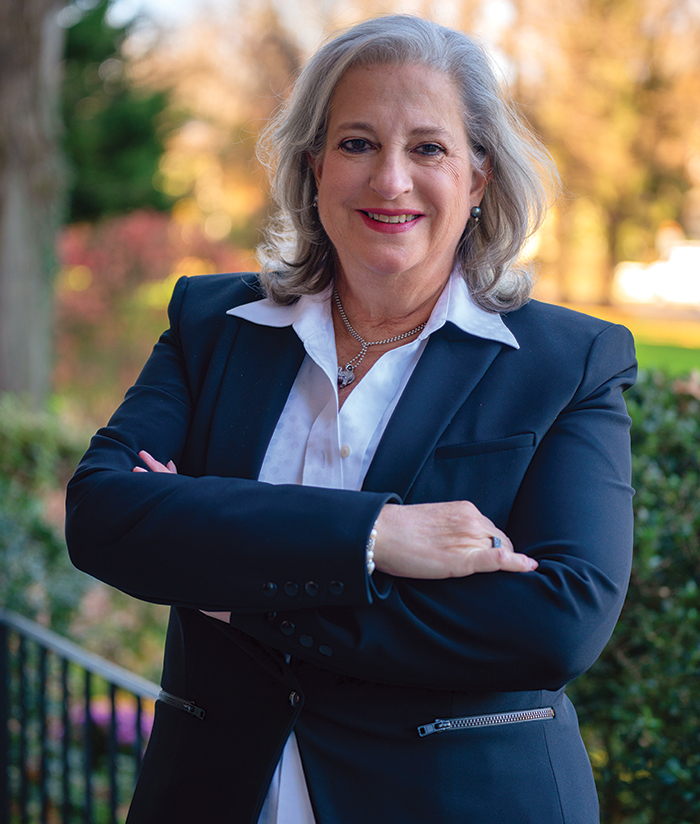
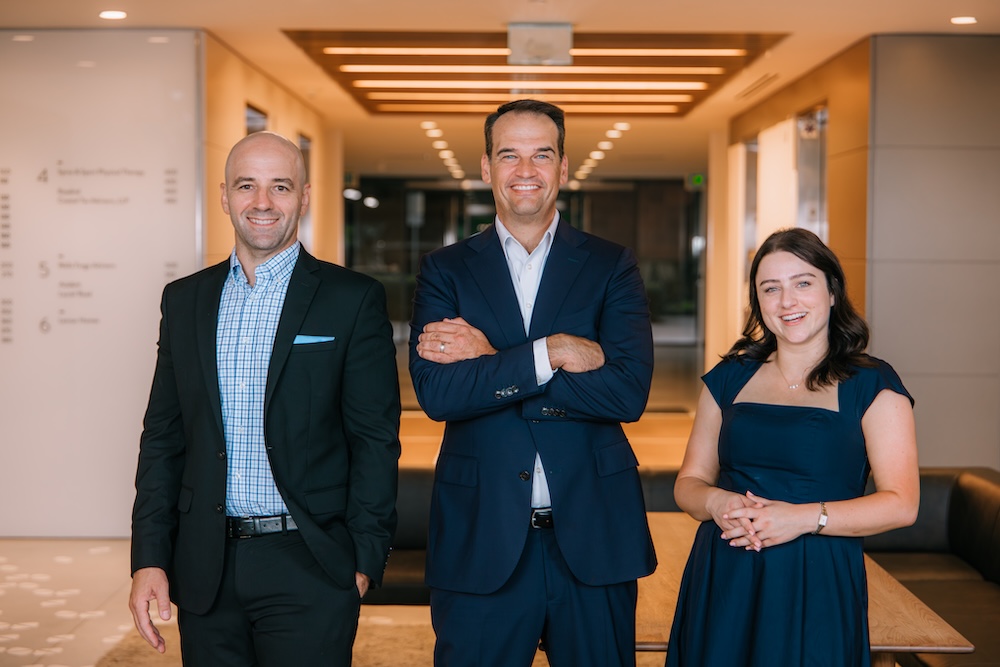

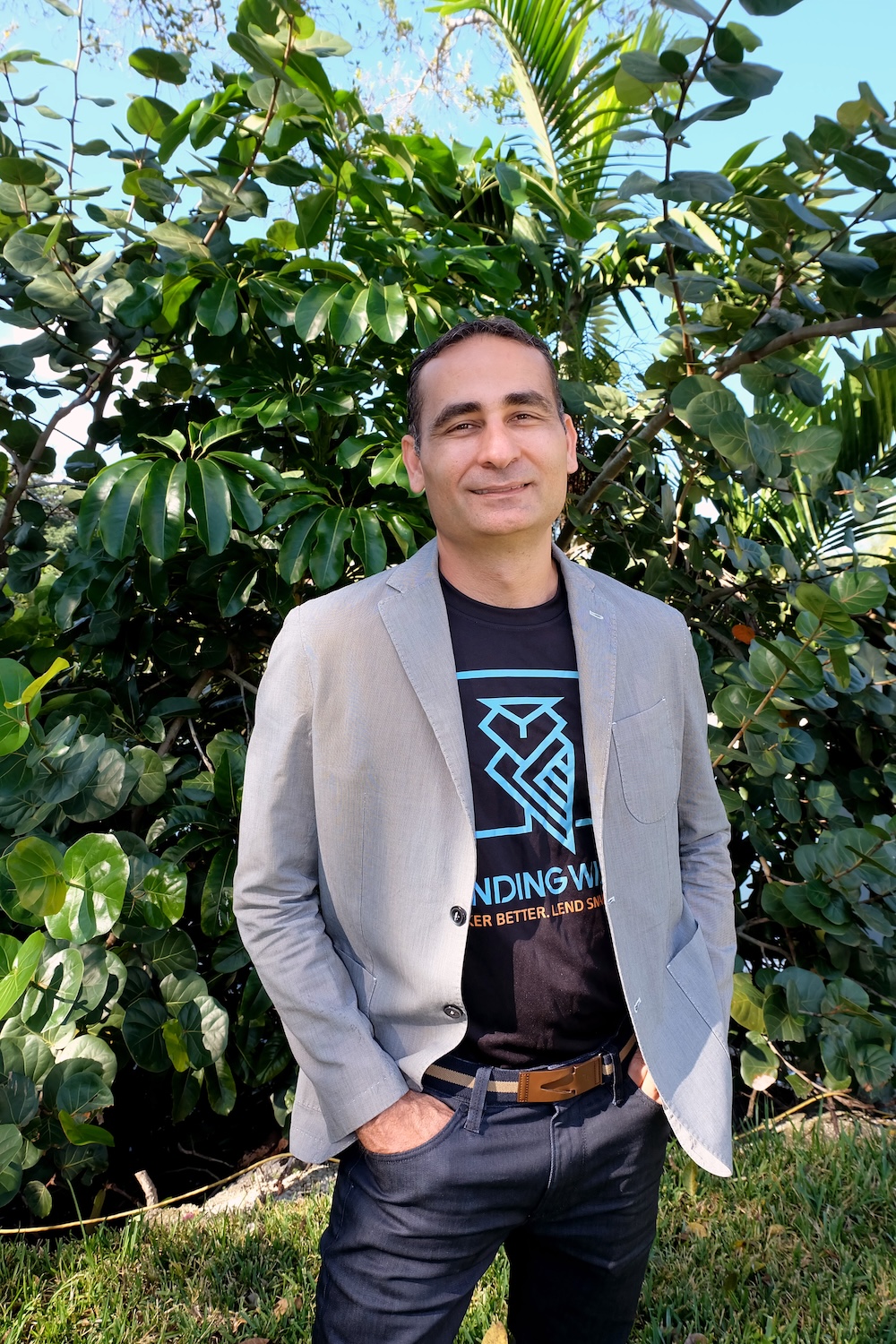
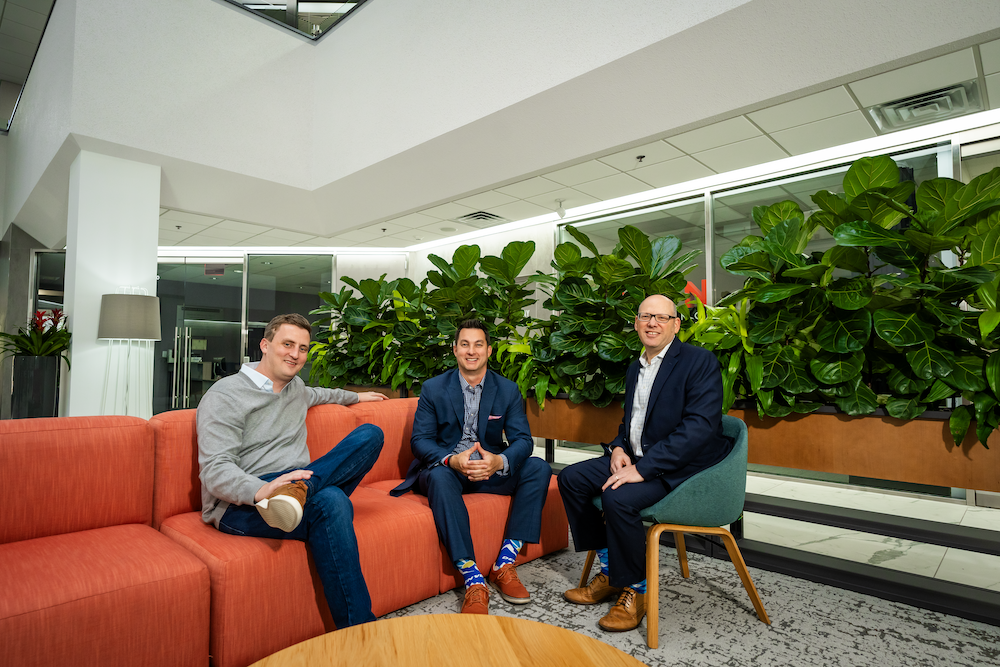
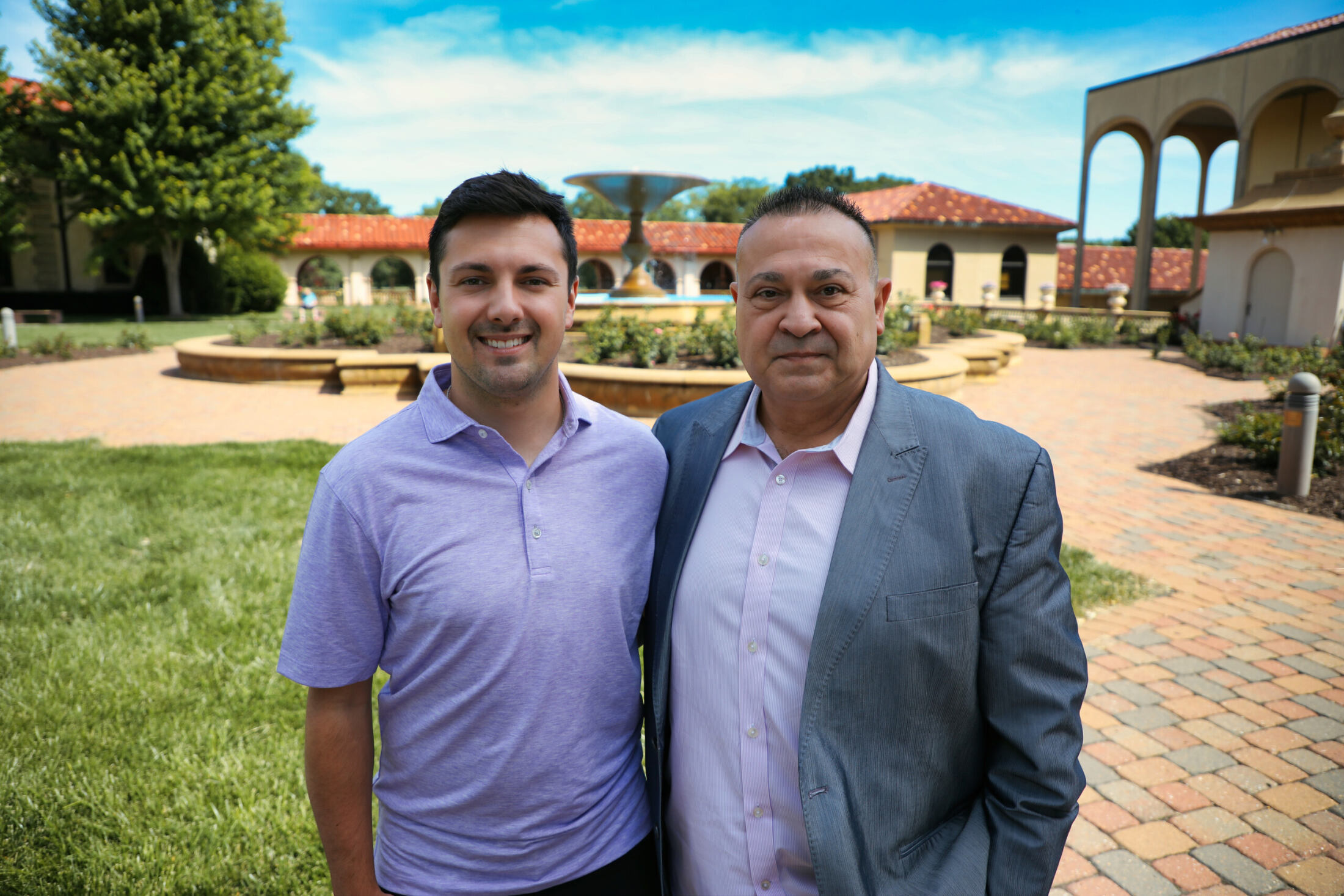




Leave A Comment